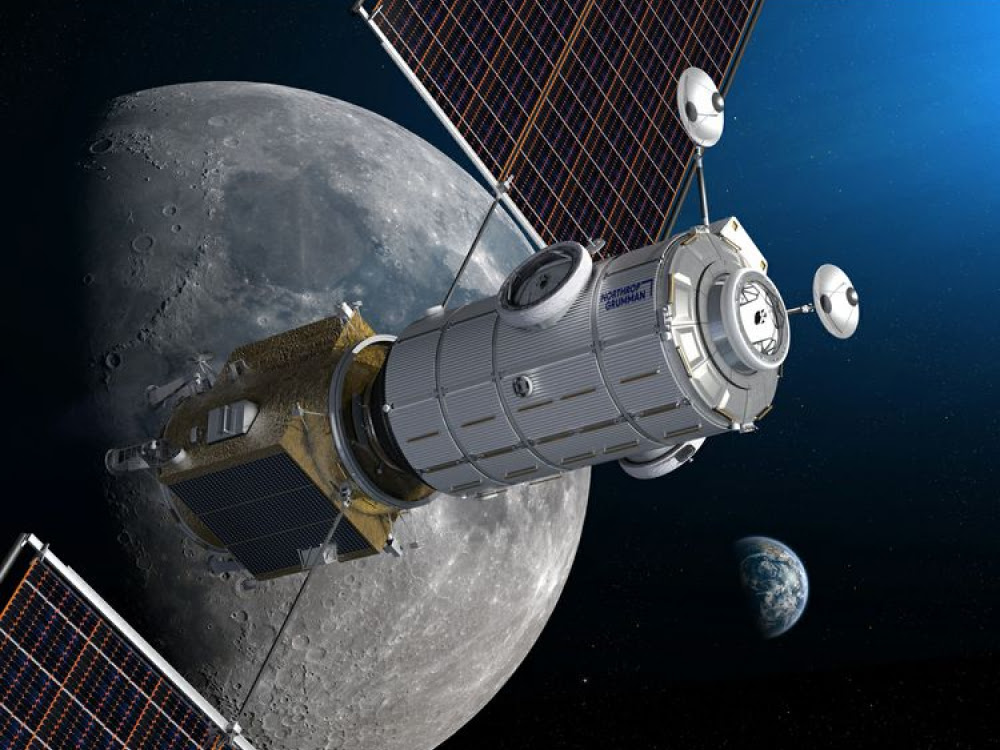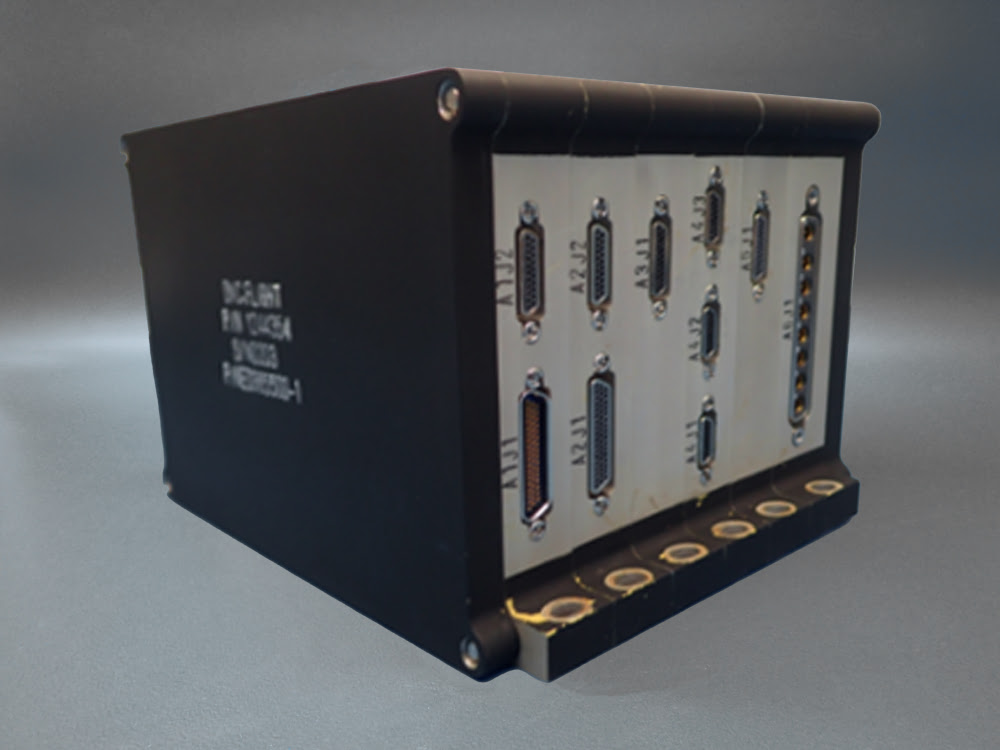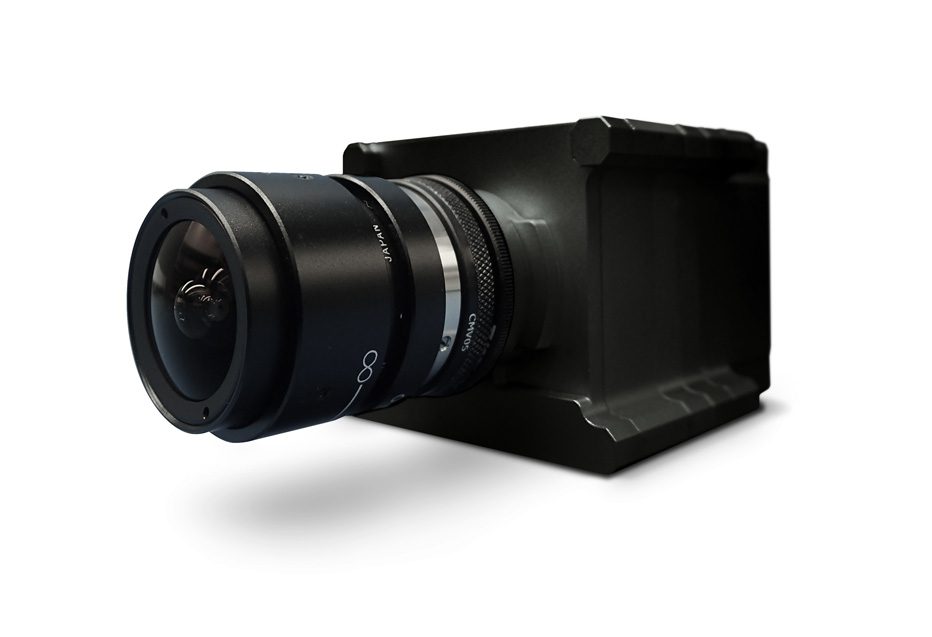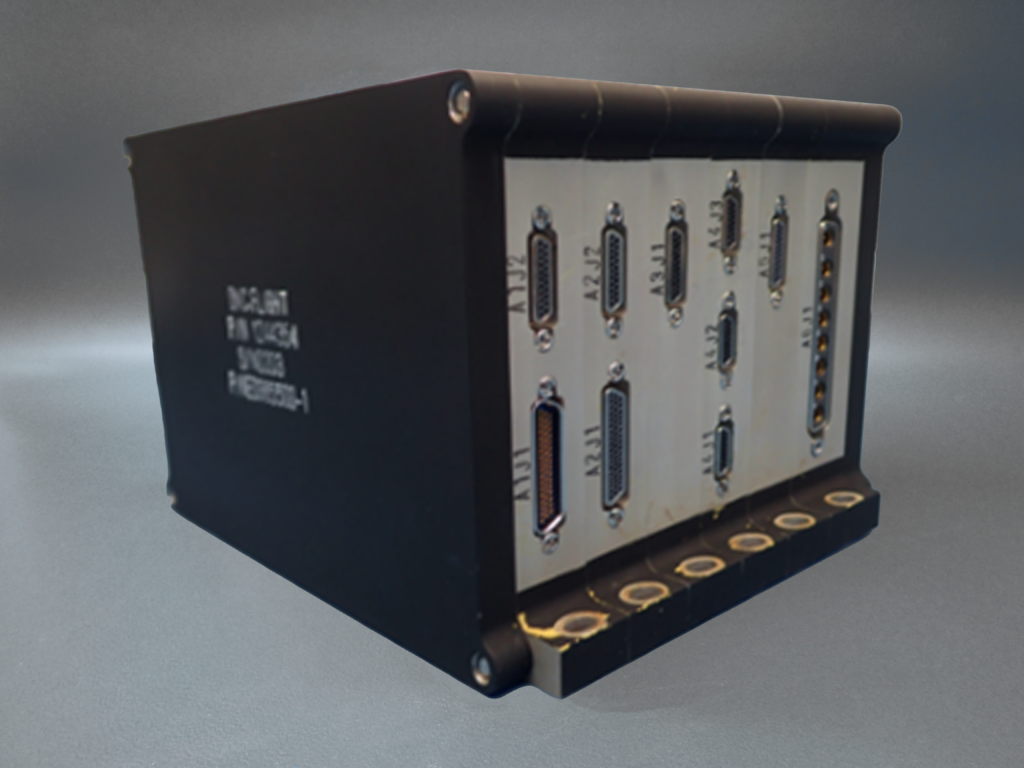Artificial Intelligence
We believe that Artificial Intelligence is one of the main drivers of transformation in contemporary society. We apply AI in an attempt to provide answers to the major challenges we face in fields as diverse as health, entertainment, mobility, advertising and finance. Our main lines of research within Orbital AI are:
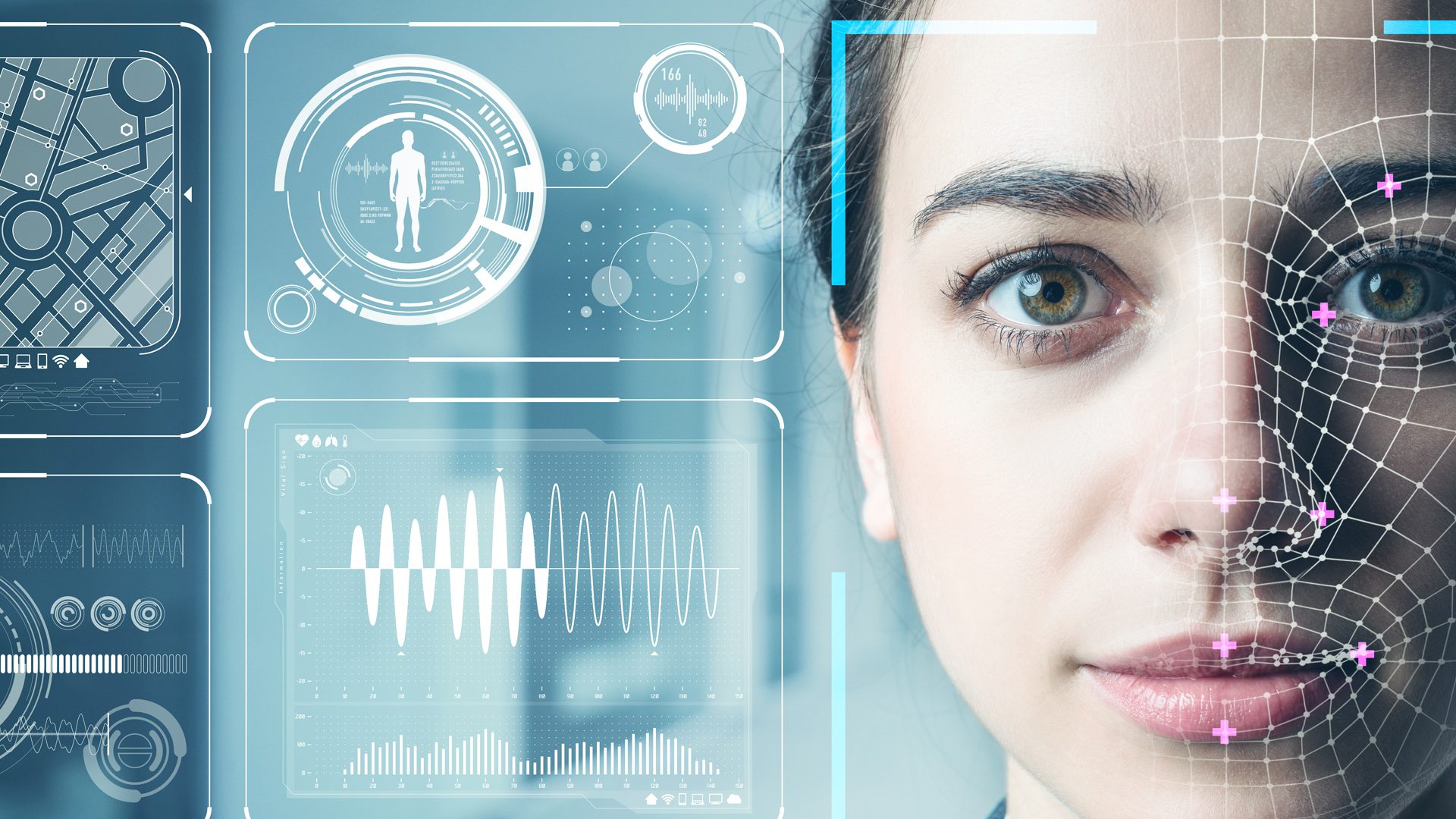
Neural radiance fields
AI for scanning and modeling of 3D scenes and objects
We explore how deep learning in AI can optimize and automate the scanning and modeling of 3D scenes and objects. This innovative 3D representation paradigm will transform audiovisual production, enhancing everything from visual effects (VFX) and virtual production (ICVFX) to extended reality (XR) applications.
Our aim is to develop a next-generation 3D model format that is significantly lighter, more efficient, and highly photorealistic compared to traditional methods like point clouds, meshes, or voxels. This breakthrough is powered by neural radiance fields (NeRF), redefining the way we capture and render 3D environments.
Edge machine learning
Expanding the scope of machine learning
Machine learning—also known as automated or computational learning—is a subfield of computer science and a branch of artificial intelligence focused on developing techniques that enable computers to learn.
Our goal is to advance computational learning on small devices without relying on large GPUs. We aim to bring machine learning models closer to sensors by exploring innovative data compression techniques, making AI more efficient and accessible at the edge.
Safe autonomy
We solve problems of Novelty Detection
We define this as the ability of autonomous systems—such as vehicles, drones, and robots—to operate safely and reliably in dynamic, complex environments while minimizing the risk of accidents or harm to people, property, and the environment.
Our research focuses on solving the Novelty Detection problem using a technique developed by our team based on neural fields. We strive to ensure that AI-driven autonomous systems are not only intelligent but also safe, preventing potential risks to individuals and their surroundings.

